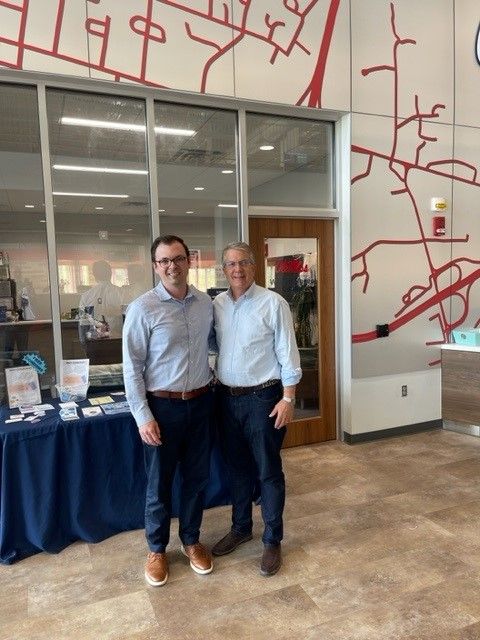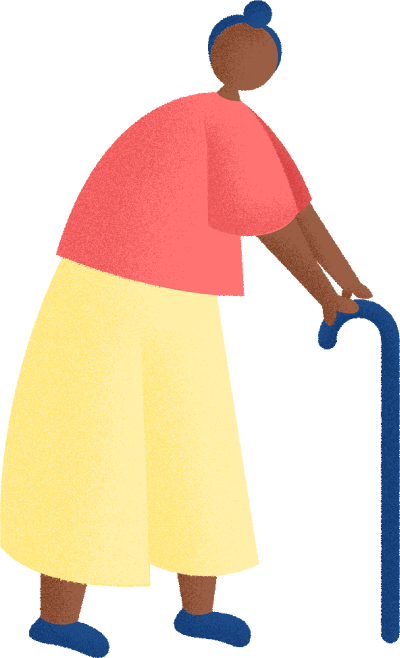How Ole Miss is Providing Students with Life-Saving Resources
This past weekend I had the privilege of visiting the campus of Ole Miss and spending time with campus and civic leaders who are working to curb the drug poisoning and overdose epidemic in Mississippi.
Ken Trogdon —

As part of my visit, I was invited to tour Ole Miss’ William Magee Center for AOD and Wellness Education. The William Magee Center has set itself apart with a clear vision of being a leading contributor to the development and implementation of effective, evidence-informed strategies to promote mental and physical wellness for students at Ole Miss.
The center was founded following the tragic death of William Magee, a remarkable student at Ole Miss who was actively involved in various aspects of campus life, including as a track and field athlete and numerous honors programs. However, beneath his outward successes, William turned to substances as a means of coping and belonging. In his junior and senior years, he recognized the need to break free from this grip, but quitting proved far more challenging than expected. Following graduation, William sought help and expressed his desire to support others on a similar path. Tragically, he succumbed to a drug overdose before realizing his aspiration.
William's father, David Magee, has since utilized his platform as a writer and speaker to garner widespread attention and action to the reality of overdose deaths for college students and young adults - leading to the establishment of the William Magee Institute in 2019. This institute, backed by the unwavering support of the University of Mississippi community, is dedicated to changing lives through education, research, and support.
The Magee family's dedication to starting this resource center was complemented by Cal and Caroline Mayo. The Mayos also suffered an unimaginable tragedy with the death of their son Thomas, who died from fentanyl poisoning last year while a student at Ole Miss. They have helped establish the Thomas Hayes Mayo Lab Fund within the William Magee Institute as a tribute to Thomas' life - dedicating the fund to help students battling substance misuse and mental health issues, including depression and anxiety.
It was incredibly encouraging to see the manifestation of the work done by the Magees, Mayos and Ole Miss through my visit at the William Magee Center. During my visit, I had the privilege of engaging with the dedicated staff of the center, including a tour from its executive director, Dr. Nick McAfee.
The center hosts a wide range of programming and offers services that educate and empower students - such as training sessions on how to administer Naloxone in the heat of an emergency. This is exactly the kind of proactive approach we need to combat the opioid epidemic.
Providing free Naloxone to communities and individuals is a critical component of HarborPath's mission, and it was heartening to see the center's commitment to saving lives align with our own goals. Their efforts in this area can serve as a model for other institutions and communities looking to save lives amidst the opioid crisis.
Collaboration is essential in the fight against the opioid epidemic, and my visit to Ole Miss reaffirmed this belief. The work being done at the William Magee Center is not only impressive but also serves as a beacon of hope for the future. It is through partnerships and initiatives like these that we can collectively work towards a safer, healthier, and drug-free future for our communities.
As we continue our mission to make Naloxone available within an arm's reach, we look forward to fostering collaborations with institutions like the William Magee Center and others who share our commitment to saving lives. Together, we can make a difference, one life at a time, and create a brighter future for individuals and communities affected by the opioid and fentanyl epidemic.



